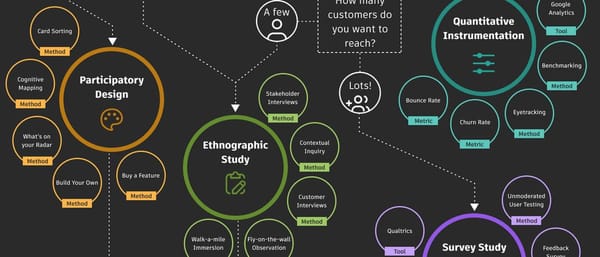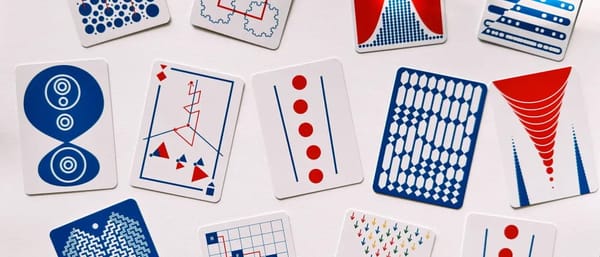№ 41 | 300,000 Years of Tools for Thought, Digitization vs Digitalization, Thoughtless Words, Votes for Women, and 25 Facilitation Toolboxes and Frameworks

Tools for thought: the first 300,000 years
So, I have this workshop exercise where I ask people to think about all the ways we, as human creatures, have extended our thinking through new technologies; this includes everything from carved symbols on cave walls to the addition of page numbers to bound books to the invention of mobile computing devices. I even make a nod to this slice of history in my book Figure It Out, to set the stage for a game of of “what might be next?”
Anyway, I’m delighted to see a pretty good roundup of such technologies in this post “Tools for thought: the first 300,000 years.”

Digitization vs Digitalization
At a talk given this week by John Maeda, he mentioned that gnarly term ‘Digital Transformation’ and the critical difference between ‘Digitization’ (cutting costs, moving from analog to digital, operation stuff) and ‘Digitalization’ (making more money innovations, disruption, new businesses). As someone who loves contrasting words/concepts, this resonated with me. And brought more clarity to that amorphous label that is Digital Transformation. 🤪 Like a true professional, Maeda cited his source: Research from Jeanne Ross, principal research scientist at MIT Sloan School of Management.

I googled all this after the talk and found her original (?) article on this topic and two papers, later published:
- “Don’t Confuse Digital With Digitization”
- “Digital Success Requires Breaking Old Rules”
- “Digitized ≠ Digital | MIT CISR”
Thoughtless words
“We need to build a habit of questioning AI.”
That’s the subtitle for this article “AI analysis, brainless design” from Alex Klein. Coincidentally, I published a very similar article—“9 Human Challenges with Using AI Co-Pilots”—tackling the very same issue: In the mad rush to embrace large language models for knowledge work (think Design Thinking, Job Stories, writing PRDs, etc.), there are some very real human biases and blindspots that merit a warning label, or at least some friction, be added to these new tools. Sure, we can do the Design Thinking process in minutes, but at what cost?
On a lighter note…
Votes for Women
Ooh. Votes for Women is a new board game about “the American women’s suffrage movement from 1848-1920, culminating with the ratification (or rejection) of the Nineteenth Amendment.”

Here’s an interview with the designer Tory Brown, who discusses “creating a game that truly represents the clash for women’s rights.”
25 Facilitation toolboxes and frameworks
Ah, Anamaria Dorgo, community manager at Butter, is a fellow collector of frameworks! Here she shares “25 Facilitation toolboxes and frameworks” Do heed her warning though: “Open at your own risk, only after working hours. 😅”

*** BONUS: Slide to Unlock
Someone turned the ‘slide to unlock’ touchscreen UI pattern into a game!





